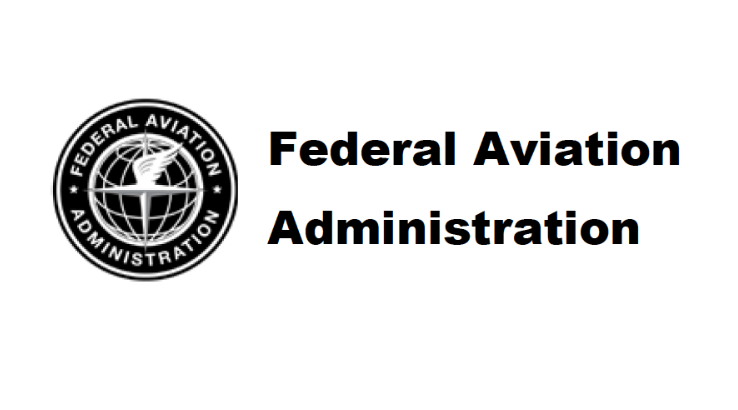The Federal Aviation Administration on Saturday issued updated guidance that urges airports to consider the “changed circumstances created by the public health emergency,” among other factors, when making a decision to renegotiate rent terms with tenants.
The new guidance relates to the recently passed CARES Act, under which Congress awarded approximately $10 billion in grants for airports to aid in the midst of the COVID-19 pandemic.
FAA stressed that the decision to abate rent, including minimum annual guarantees, is a local decision, and that any rent abatement should be tied to the changed circumstances of tenants as they attempt to recover from the impact of the COVID-19 pandemic on their operations.
The agency clarified that renegotiation of rent is acceptable if “a reasonable basis for such an action might be established if the underlying basis for such rent has temporarily declined or materially altered due to COVID-19,” according to the guidance. “In such circumstances, the offer of accommodation in the form of rent abatement is not barred by the grant assurances as long as it is reasonable under the circumstances and reflects the decline in fair market value, loss of services, and/or changes to volume of traffic and economy of collection.”
The guidance continues: “Sponsors considering such relief are encouraged to consider the business situation of the tenant; the changed circumstances created by the public health emergency; the desirability of having solvent tenants that can resume normal operations when the emergency ends; the availability of other governmental or insurance relief that such entities have or may receive; an appropriate term for such relief; and possible subsequent conditions that, if triggered, would end the abatement. Such a condition could be the receipt of other governmental forms of relief; insurance recovery, if any; or an end to the emergency.”
Rob Wigington, executive director of the Airport Restaurant & Retail Association (ARRA), said the group is pleased with the guidance. “ARRA calls on all airport operators to immediately meet and confer with their concessionaires and provide the relief these companies – large and small – desperately need to get through the crisis,” he says.
Any rent abatement or similar action could result in an increase in airline rates, the FAA acknowledged. “That is not necessarily an impediment from a grant assurance perspective, but the aeronautical rates must remain reasonable,” the guidance says. FAA says airports should “carefully balance and consider the equities between all airport users,” and it encourages airports to consult with all affected parties before making its decision and reach a consensus where possible.
Deferrals of rental payments or other fees may be possible in cases where bond restrictions or other conditions may prevent airports from offering rent abatements. “Deferral of rental payments and or fees, if adequately justified, is not likely to violate FAA’s grant assurances,” the guidance said.
Guidance on Closures
The FAA guidance also addresses closing all or parts of airport terminals as the pandemic continues to decimate air travel.
Specific to airport concessions, the FAA says “the closing of restaurants, retail stores, or other non-aeronautical functions in a terminal is not likely to violate FAA grant assurances, particularly if driven by public health measures or reduced clientele, and especially if based upon restrictions applicable to all business entities within the jurisdiction.” The agency urges airports to coordinate with the FAA Office of Civil Rights with regard to Airport Concession Disadvantaged Business Enterprise regulations.
A broader closing of gates or sections of terminal is “likely to be acceptable if the closure is executed in response to reduced passenger volumes and operations, is not discriminatory, and does not provide an unfair competitive advantage to one operator.” Such a move should be taken in coordination with airport sponsors, airlines, the Transportation Security Administration (TSA), and other entities, the guidance says.
Reducing hours of operation at the airport would require FAA assessment of whether it would result in an undue hardship on emergency response or otherwise unjustly discriminate against a specific user of the airport. Any airport closure must be approved in advance by FAA.
The guidance also referenced several other areas of concern, including prohibition of certain flights; requiring flights to land at certain airports for screening; closing of sections of the airfield to allow for aircraft parking; allowing terminals to be used for sheltering people; screening or quarantining passengers boarding or exiting places; and others.






